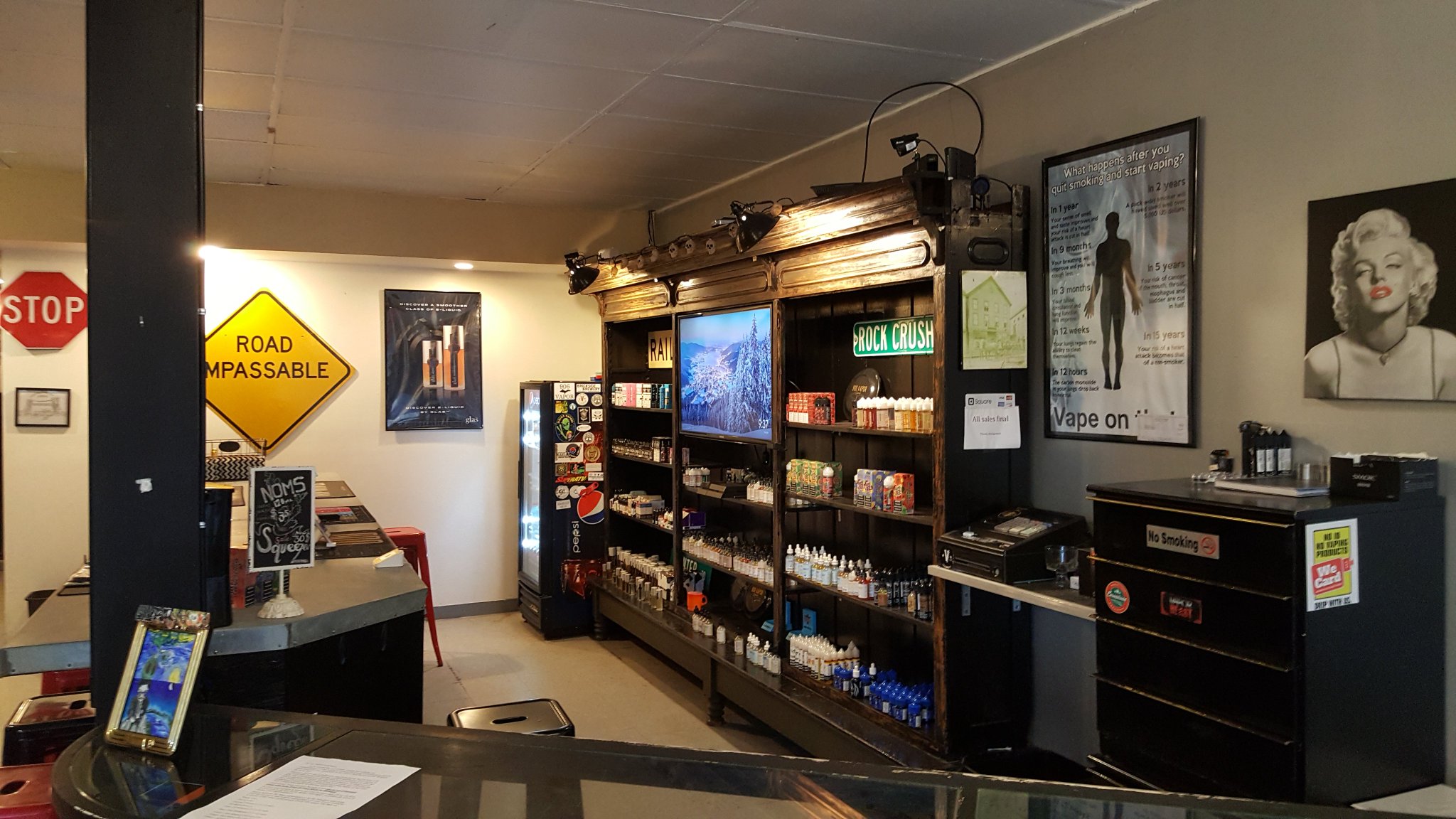Marc Slis wanted to live a quiet life. As a geophysicist, he had spent decades exploring for oil all over the world. He had often been out at sea and had visited close to 160 countries. Finally, in 2015, he thought that he had found a way to stay put. He purchased a vape shop from a friend in Houghton, a small city located on Michigan’s Keweenaw Peninsula near Lake Superior. Previously a customer of the shop, Slis vowed to make 906 Vapor his own: He would dedicate the rest of his life to helping smokers quit using vaping products, as he had done. And he would finally have some calm.
“People laugh when I tell them that story now,” he told Filter.
Slis has had no time to relax. For the past few years, he has found himself “grudgingly” at the forefront of vaping advocacy in his home state of Michigan, a particularly hostile place toward tobacco harm reduction.
In September 2019, after Governor Gretchen Whitmer ordered the Michigan Department of Health and Human Services (MDHHS) to issue an emergency flavor ban, Slis sued. And his lawsuit worked: A Michigan Court of Claims granted a temporary injunction, which put the governor’s rule on hold. A Court of Appeals later upheld it, and the Michigan Supreme Court did not overrule the decision. The governor and MDHHS have since tried to advance a permanent flavor ban through other bureaucratic means.
But then, last week, Slis read some good news for once: The year-long plan to permanently prohibit the sale of flavored vaping products had been abandoned. The announcement came as a welcome surprise to vapers and vape shop owners like Slis, who are now cautiously optimistic about the future. Even if they consider the development modest, they have had few opportunities to celebrate recently—although the FDA did just authorize a (non-flavored) vaping product for the very first time.
Slis and other advocates have now turned their attention to a six-bill legislative package that could be even more crippling if enacted.
The reason for the reversal is unclear. As Jim McDonald of Vaping360 has surmised, the health agency may have withdrawn the permanent rule because some members of the Michigan state legislature’s Joint Committee on Administrative Rules (JCAR)—which has to approve it—looked set to “oppose its passage.” There’s no guarantee, either, as McDonald notes, because “the flavor ban could still be reintroduced through JCAR, or it could be introduced in a bill by a member of the state house or senate.”
While that fear remains, Slis and other advocates have now turned their attention to a six-bill legislative package that could be even more crippling if enacted.
As Slis explained, the package would “eliminate the industry in Michigan faster than a flavor ban, by several means”: requiring individual product registration, the use of a private shipping network, and the sale of FDA-authorized products only. (Of which there’s currently only one.) Two previous versions of the package have failed to advance.
“Our hope now is a seat at the table to craft [it] into something that will allow independent vapor to survive,” Slis said. “We have several allies in the legislature and some small assurances that we’ll have a voice in redrafting the bills, but that remains to be seen.”
“We’ve had some communication with a couple of key senators, and hopefully we’re going to get a say-so in how they’re redrafted,” he continued. “That’s our intent. If we don’t, we’re going to start screaming.”
Photograph of 906 Vapor courtesy of Marc Slis





Show Comments